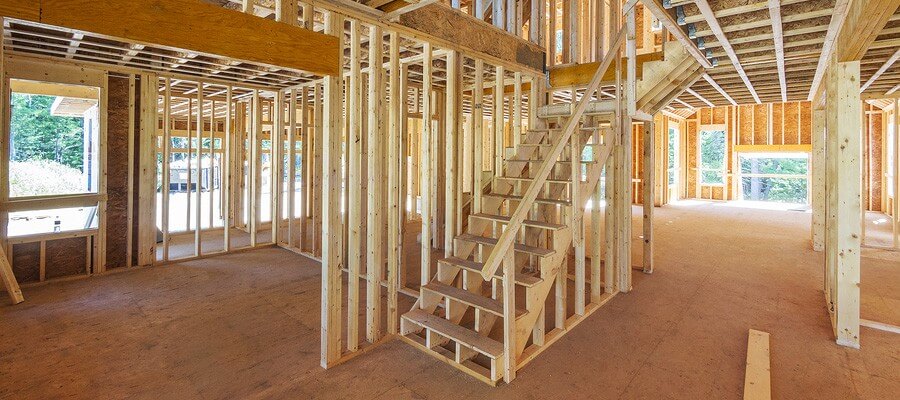How solid is your house?

During the first decade of the 21st century, the New Zealand economy has lost billions of dollars because of what has been called ‘The leaky home syndrome’. Poor building design and inferior building materials meant that a generation of houses were sub-standard. They did not stand up to the rigours of New Zealand’s wet climate, started to leak and became unhealthy to live in, and sometimes dangerous.
Some people decided to stay in their uncomfortable, unhealthy, leaky homes, whereas others have paid horrendous amounts of money to have them repaired. Wouldn’t it have been better (and cheaper) if they had just been built correctly from the start?
Learning a foreign language is very much like building a house because they both require a solid foundation and they both have a structure. If the foundation and interior structure are well designed and built then the house will last for a lifetime. It’s the same with language. When a child learns the basic structure of the language well, then mastery of the language becomes much easier.
On the other hand, when the basic structure of the language has not been solidly learned, then it becomes very difficult (and costly) to repair the ‘linguistic damage’ later. I know this because I am faced with it every day in my classes. It is difficult, nigh impossible, to remedy the bad grammatical habits that plague many of these students.
The verb ‘to be’ is foundational to the English language. That is why Lessons 1-10 of ‘Sam and Mel’ teach and repeat this verb in every lesson. For example, in Lesson 1 we teach: “What is your name?” The words ‘am’ and ‘are’ are also taught very early.
The other day I received a message from a native English teacher based in China who commented on the fact that in spoken English people say “what’s your name?” not “what is your name?” I agree entirely, but the reason we insist on the latter is because students need to learn the word ‘is’.
At ‘Sam and Mel’ we have purposely aimed our lessons at young children because we want to be the people who build the foundation. And we want it to be solid so that our students can enjoy speaking English well throughout their lifetime.
